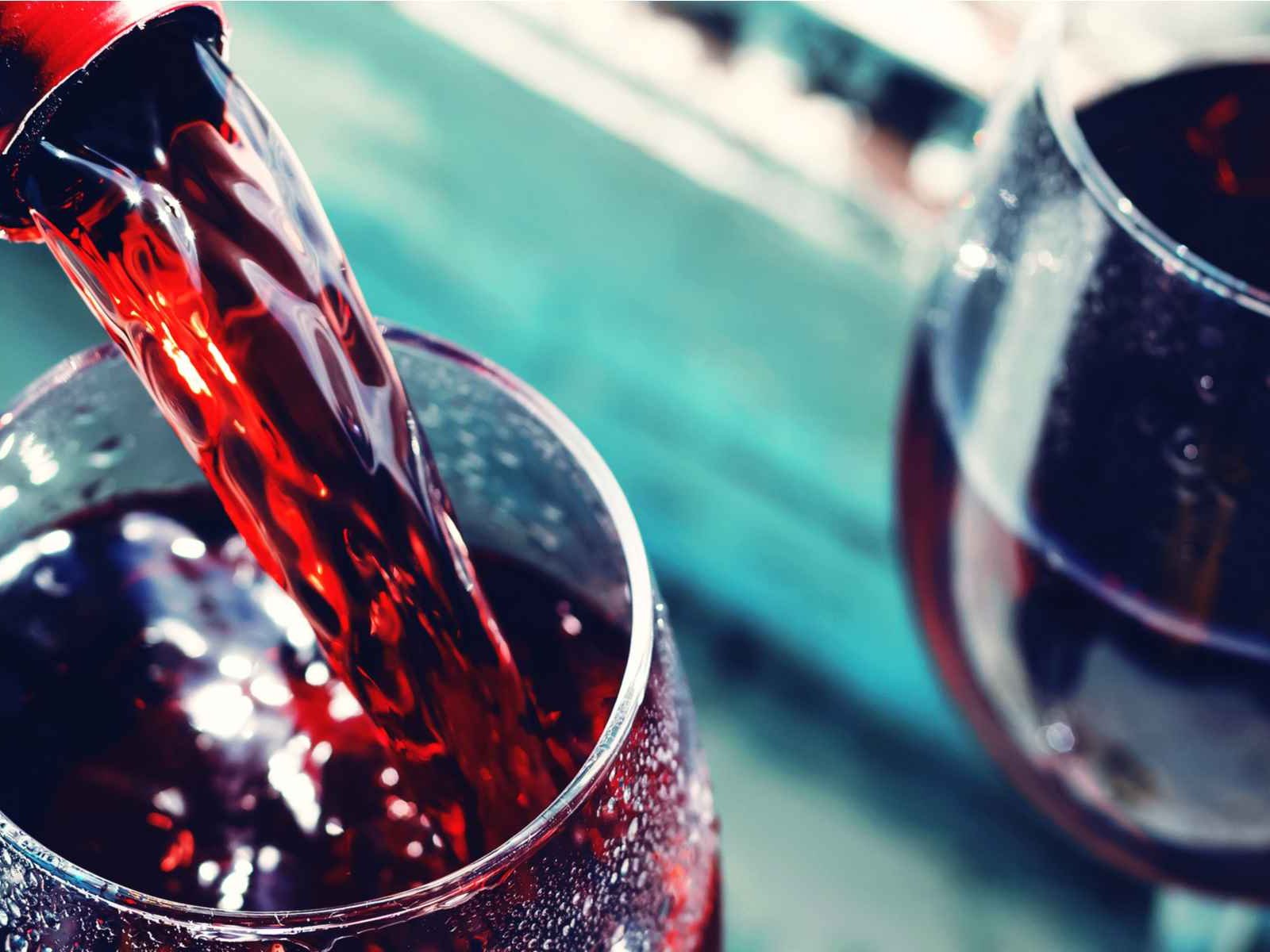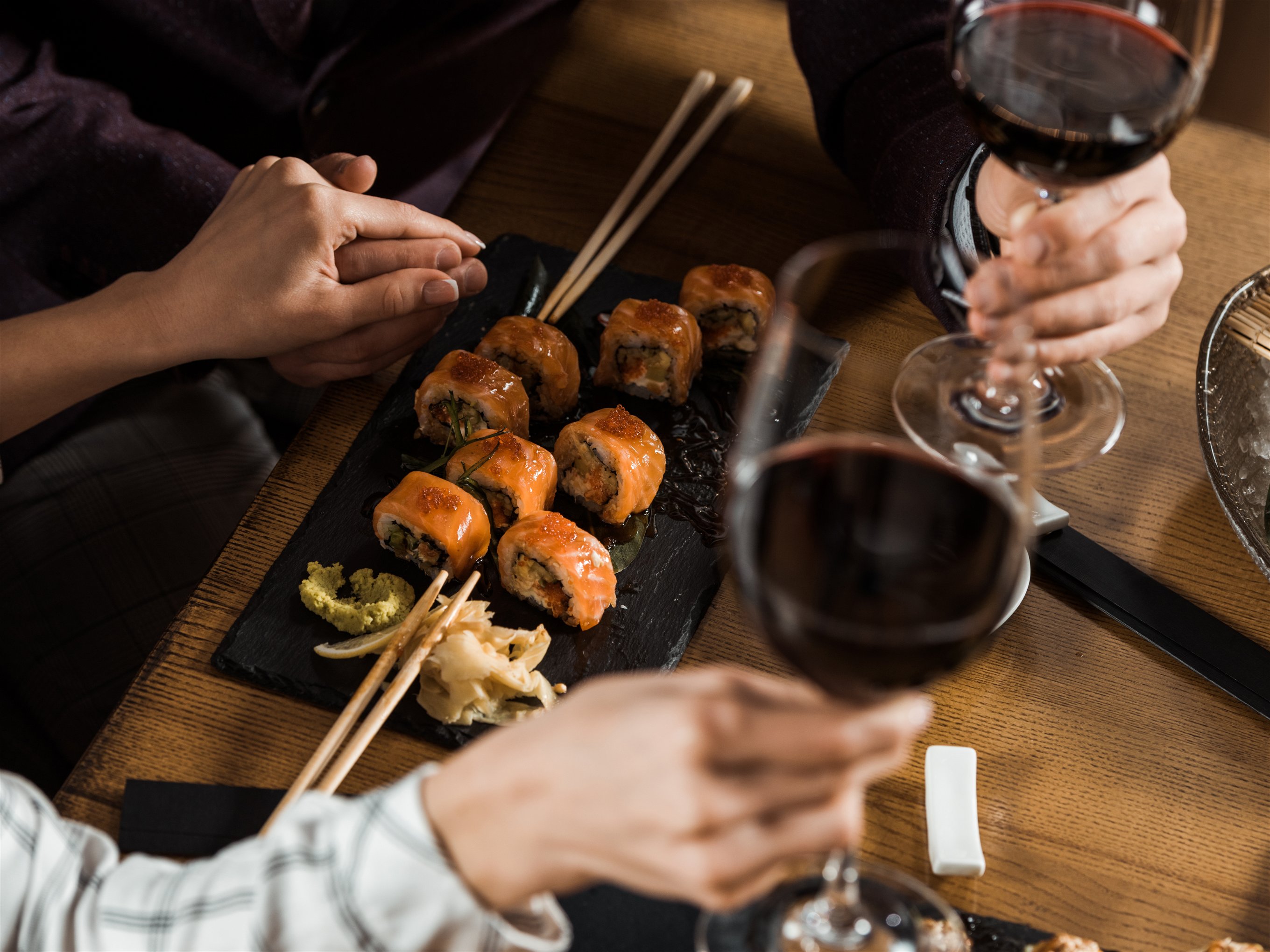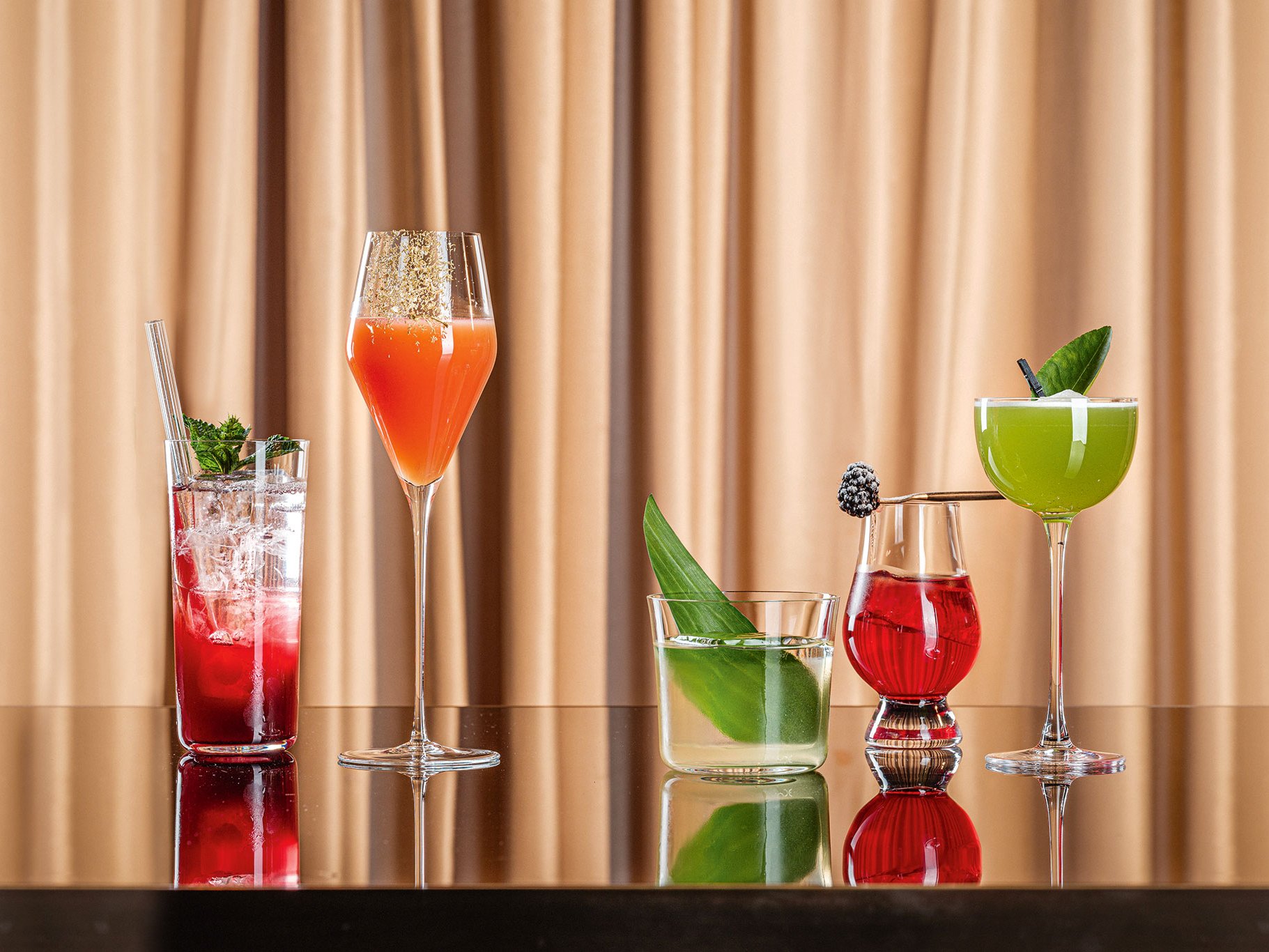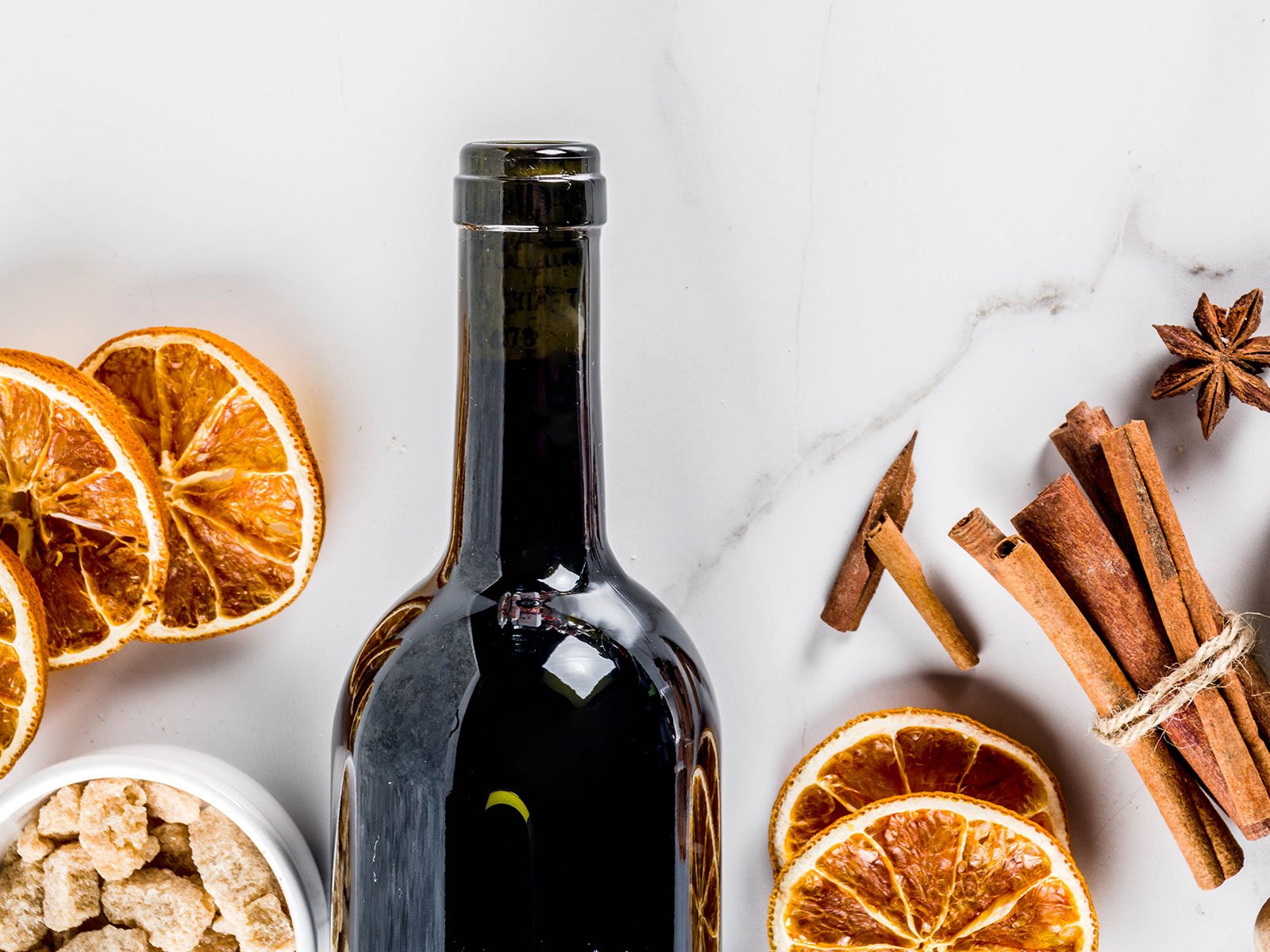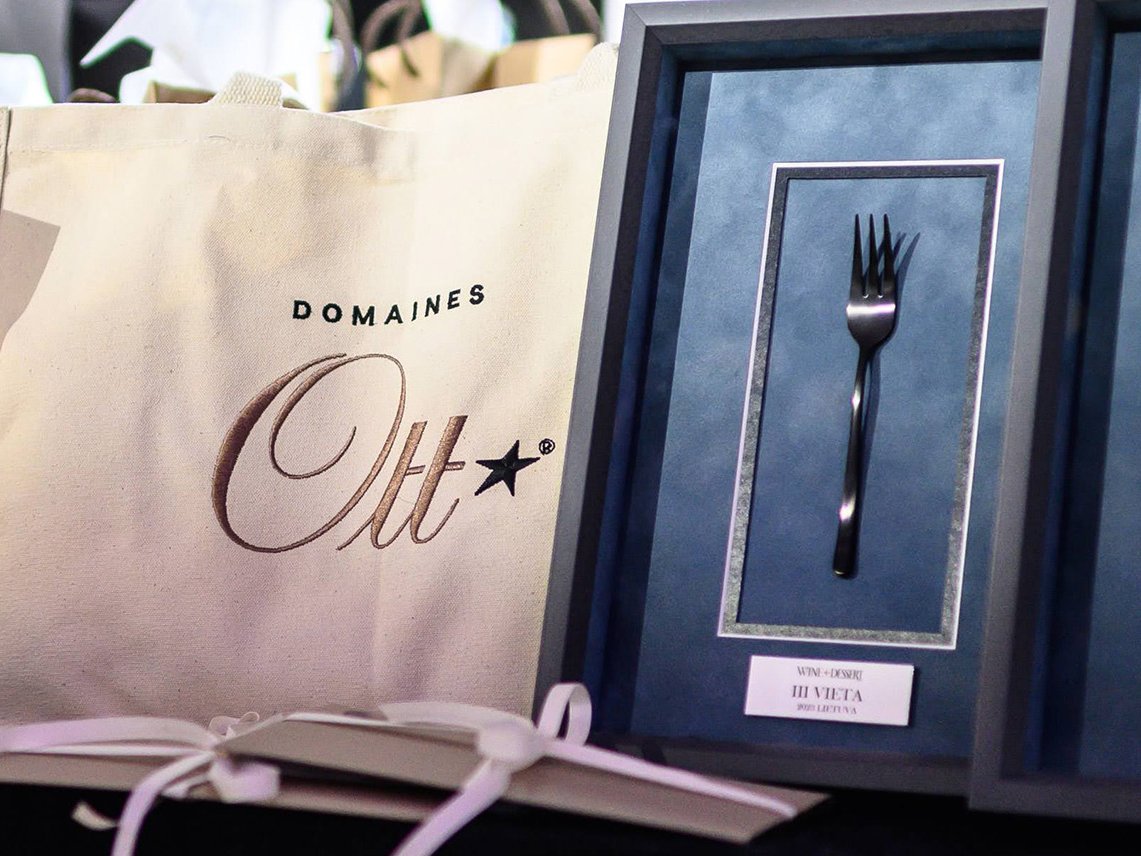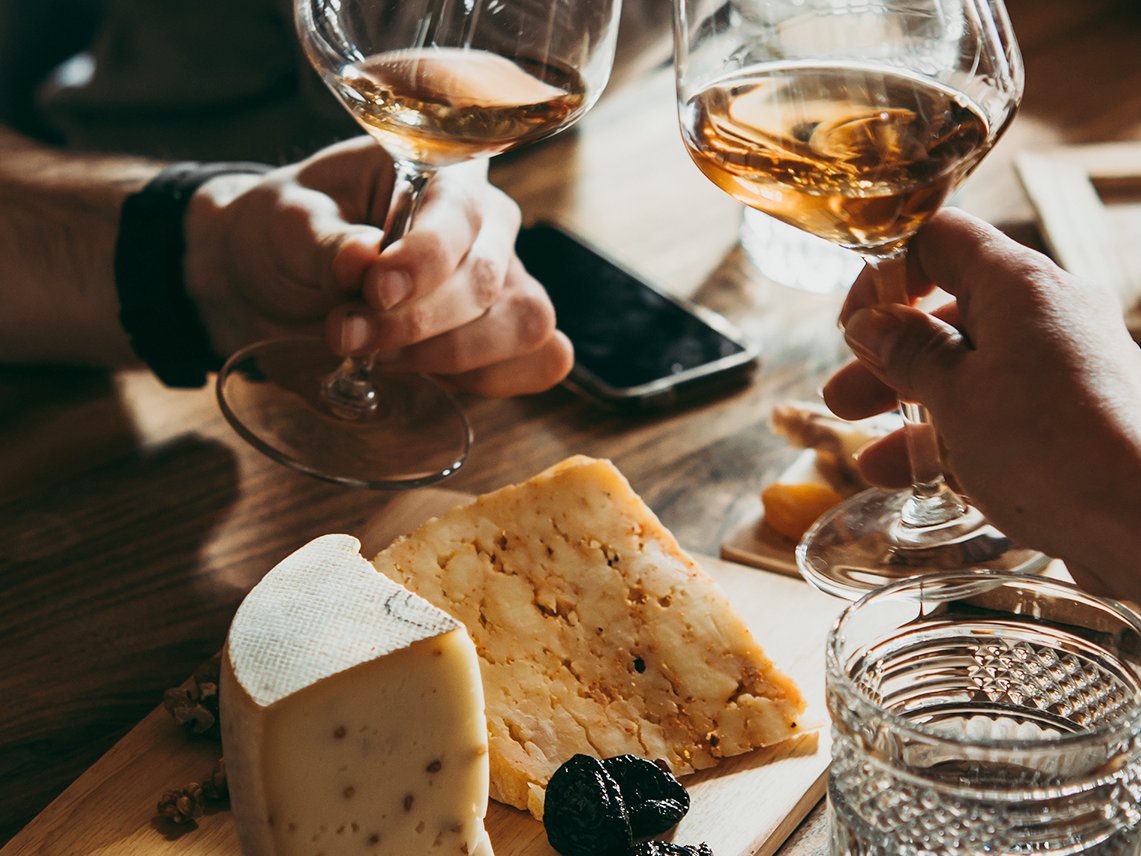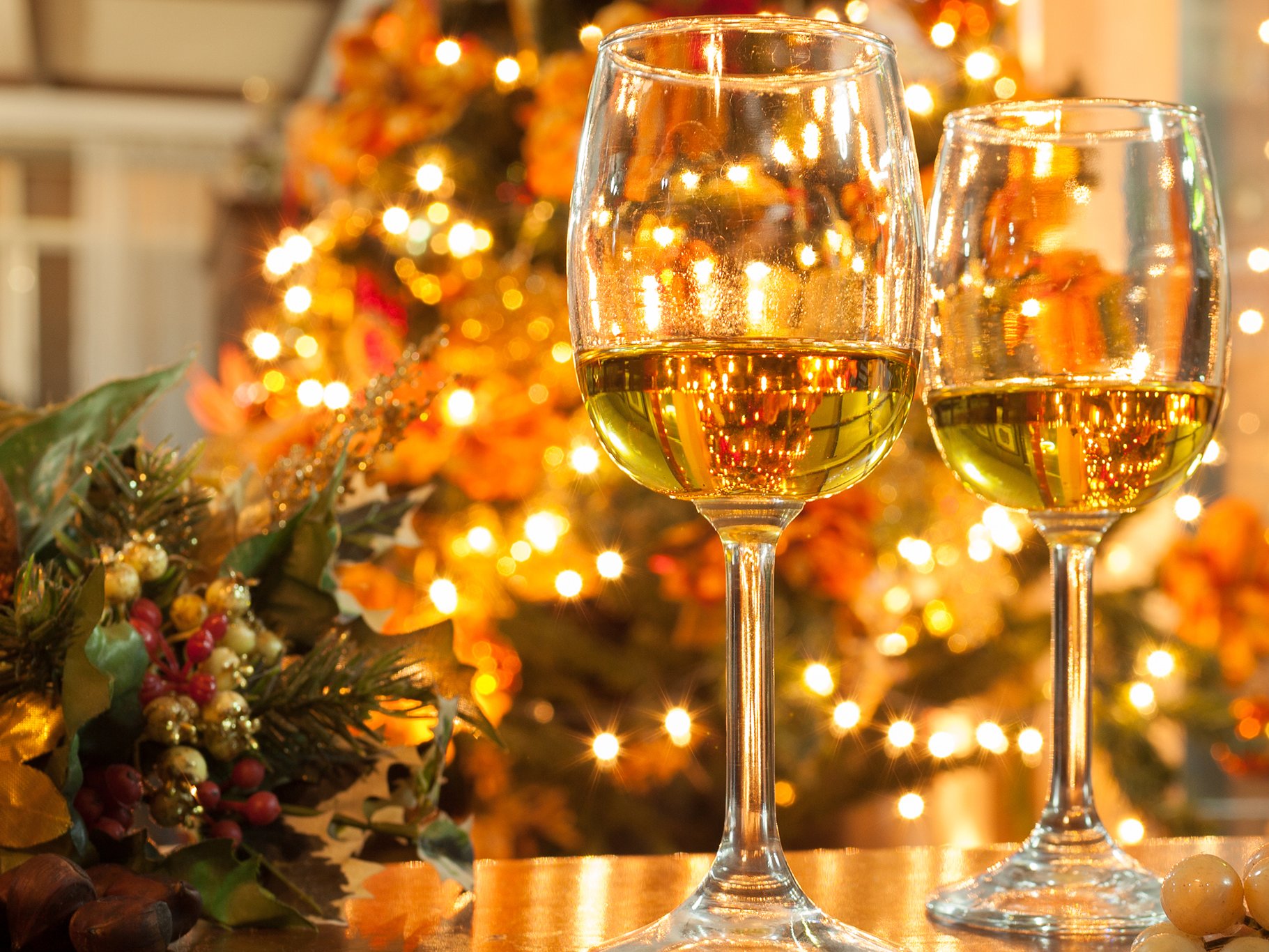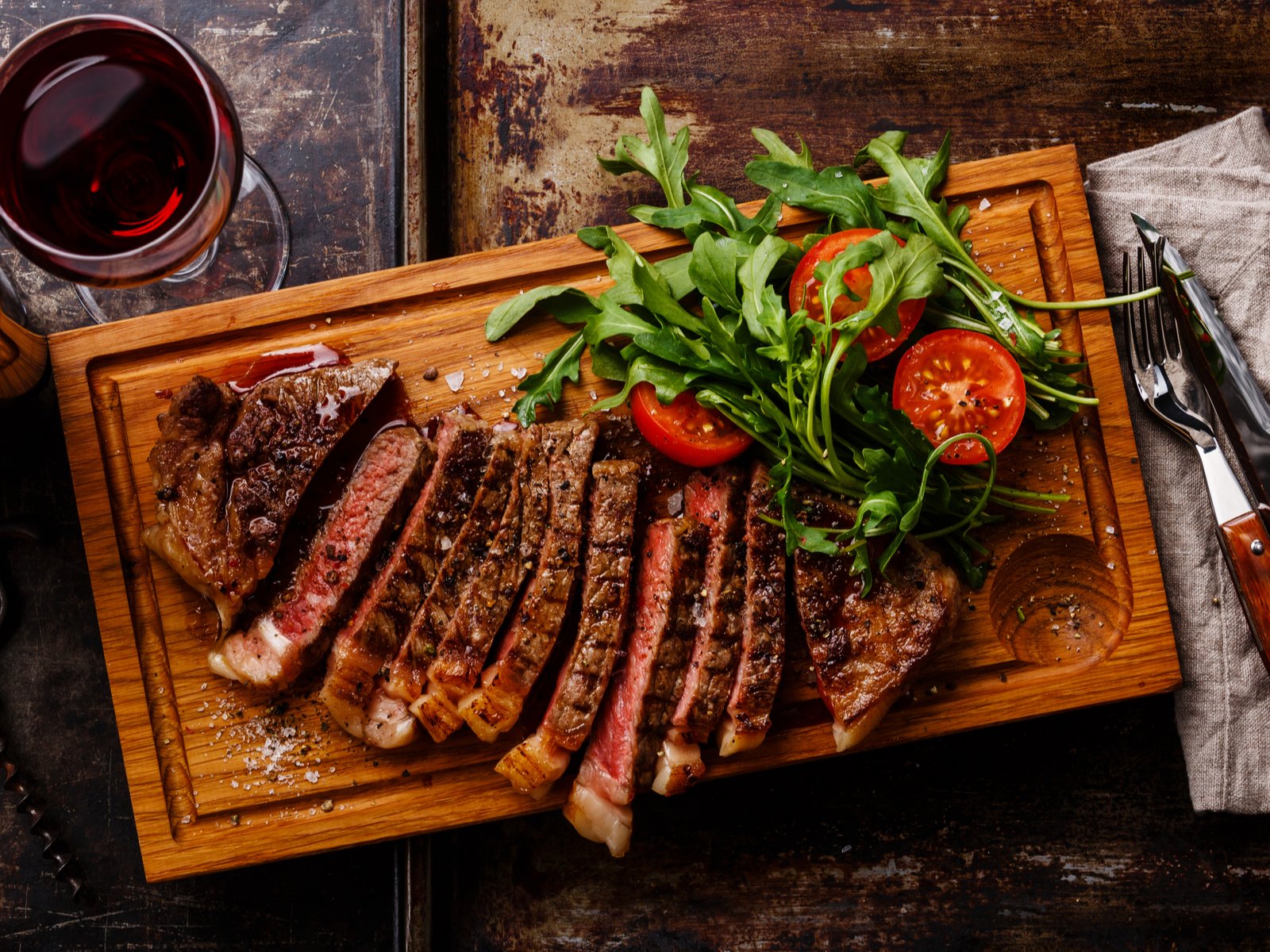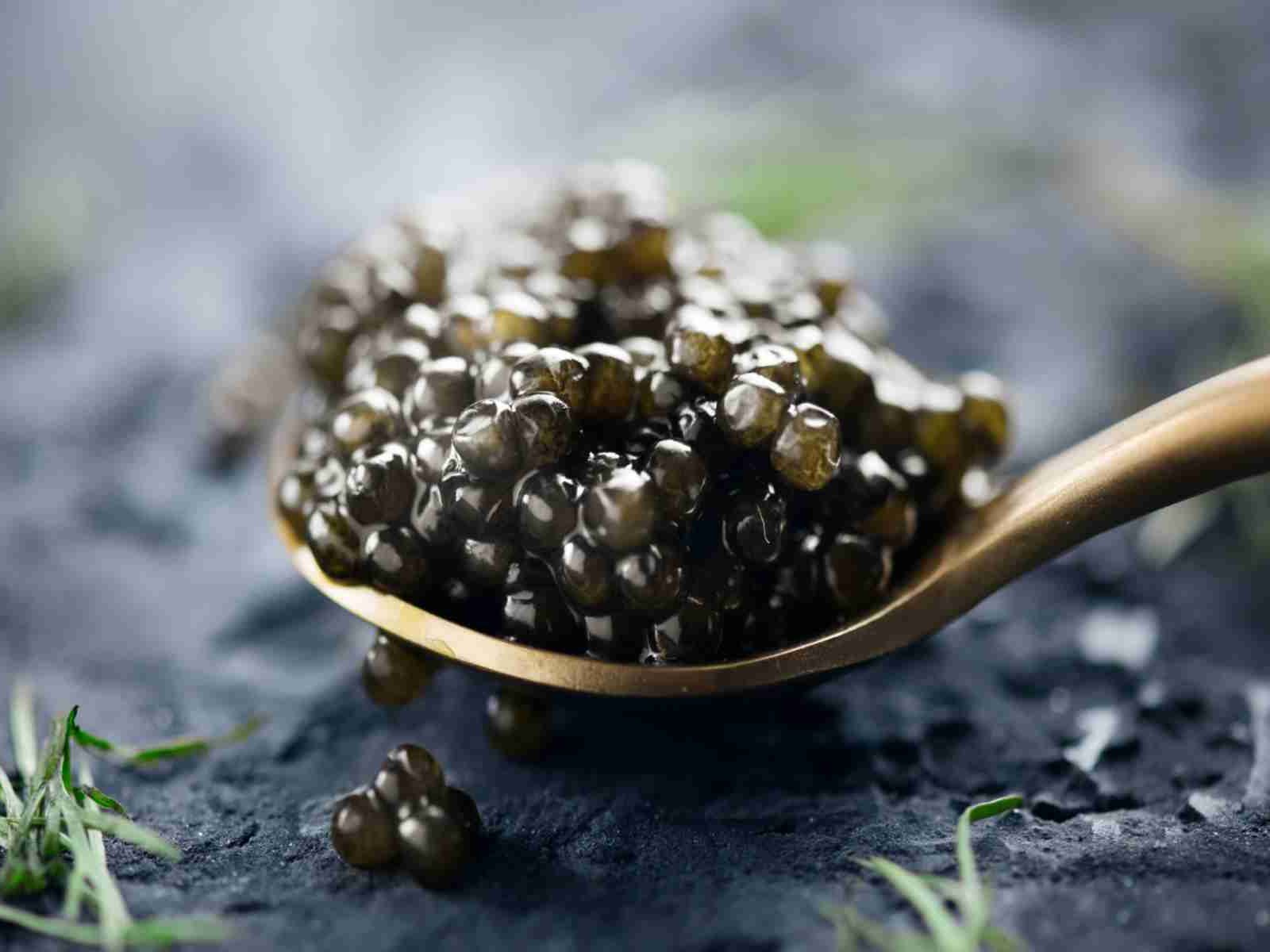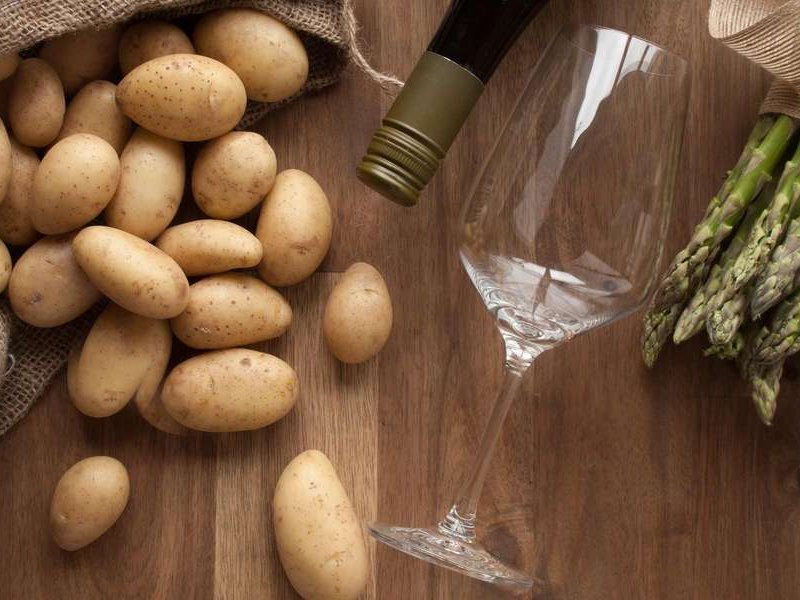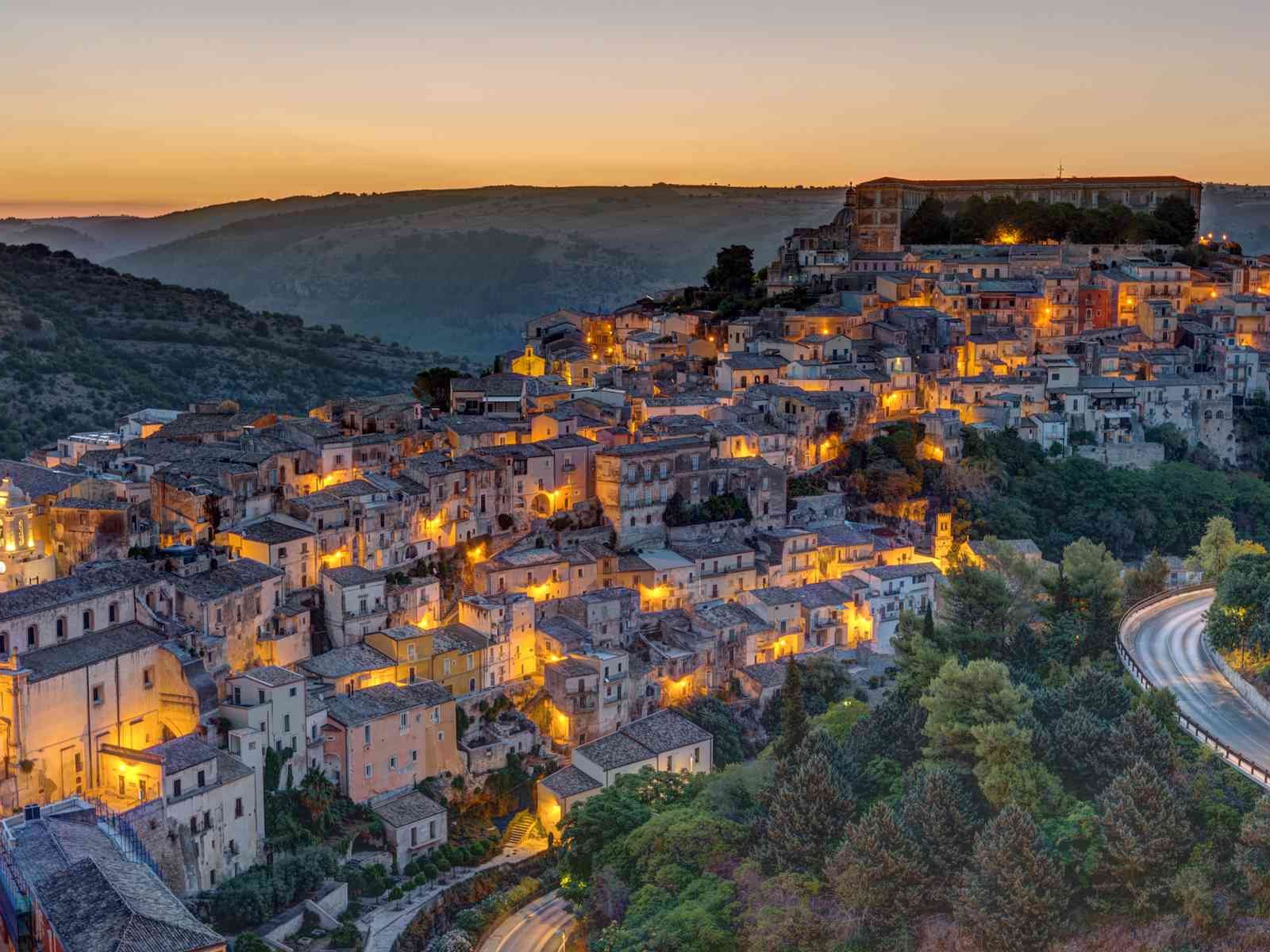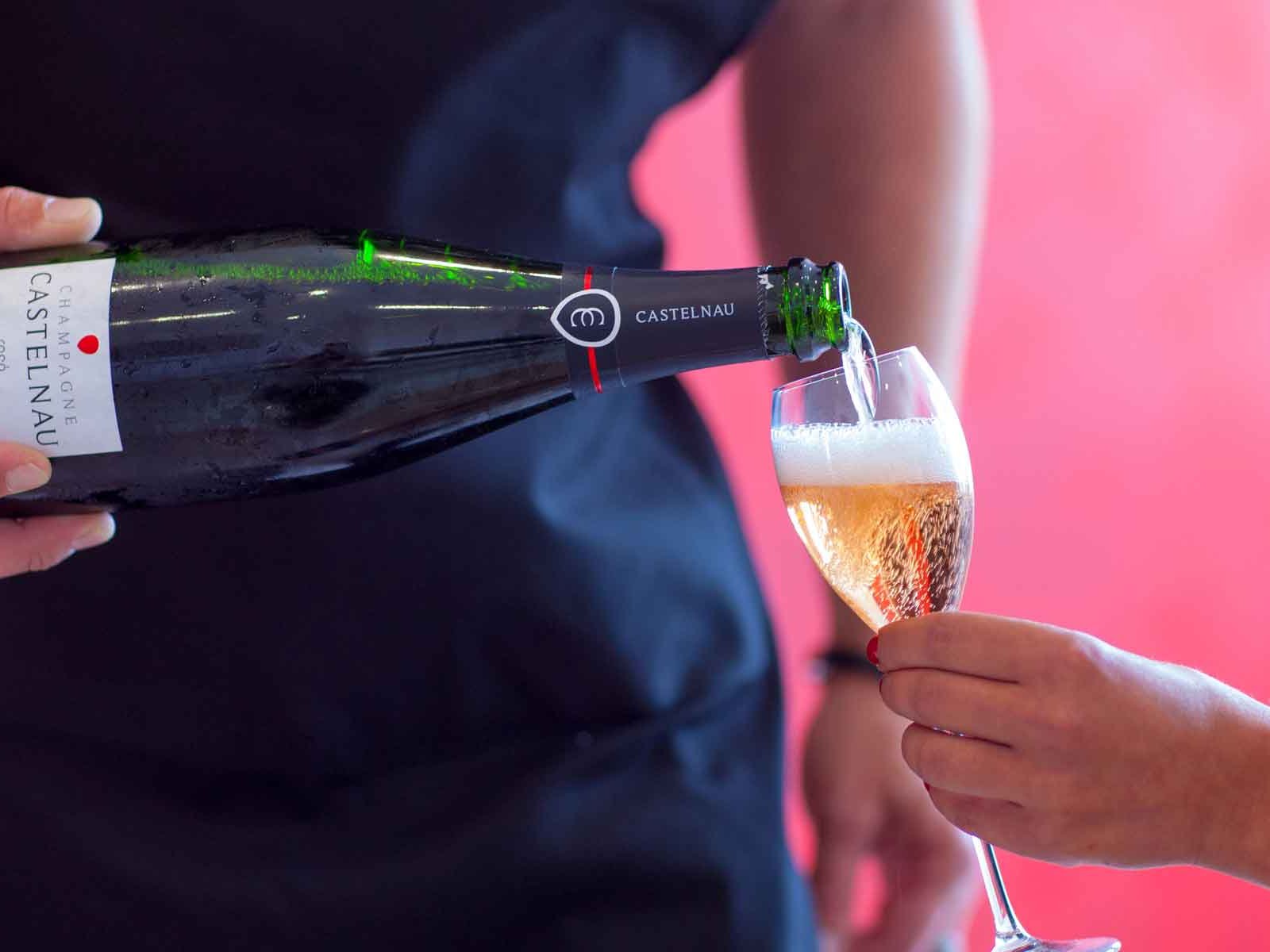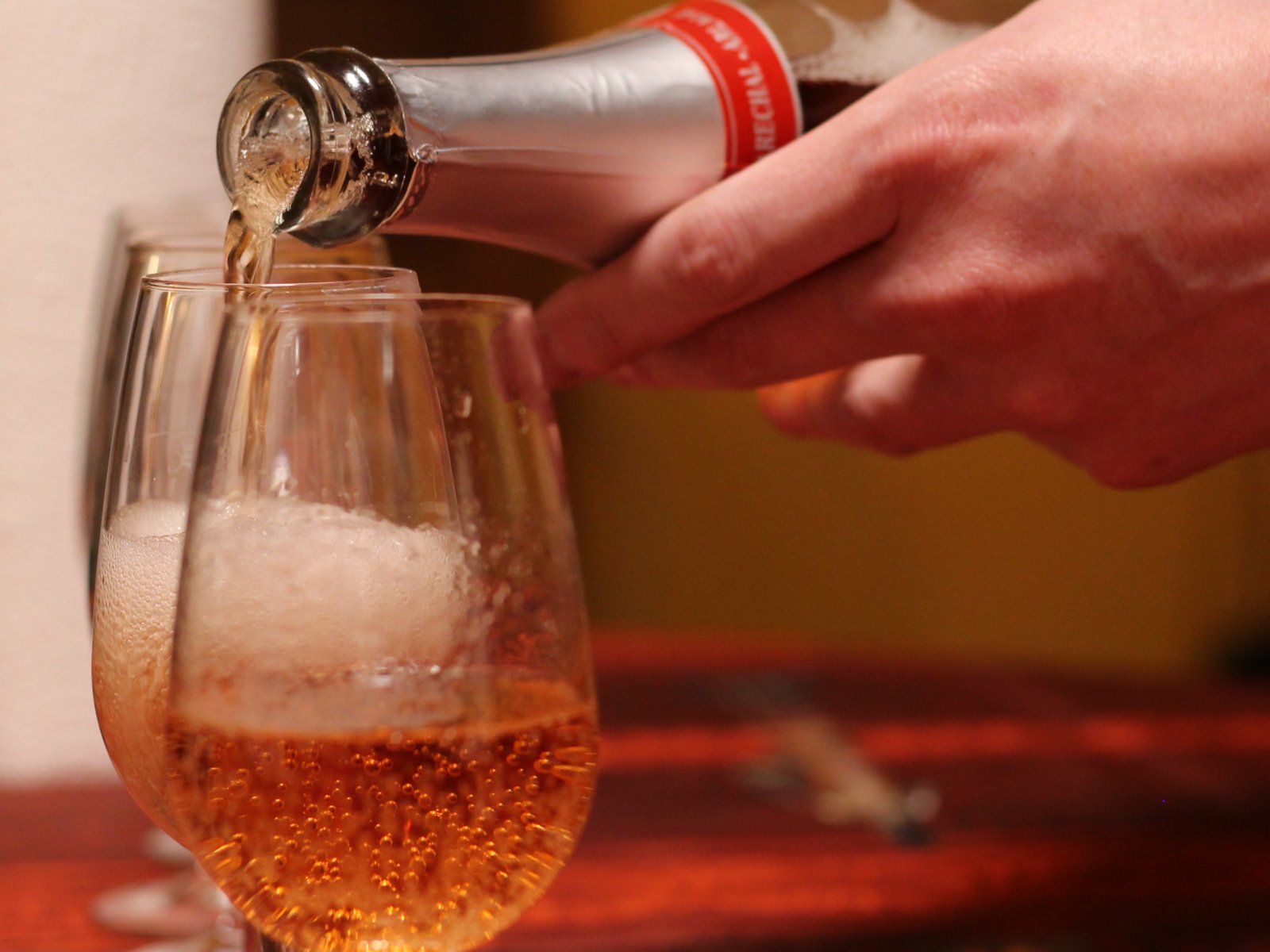How to pair wine with cheese?
Cheese and wine are a killer combination. Here are some hints.
Consider the texture, intensity and strength of the cheese. Is it mild and crumbly or a hard cheese with a salty aftertaste? Is there one cheese or is it a mixed cheese board? Or is the cheese baked or melted? There are many options but Champagne or other traditional method sparkling wines are perfect allrounders, especially Blanc de Blancs.
What to pair with a cheeseboard?
Despite the variety we are faced on a mixed cheeseboard, most cheeses have a relatively high fat content. You can therefore counteract the richness, creamy notes and texture of many cheeses with the freshness of Champagne and other well-made bottle-fermented sparkling wines: the effervescence helps to distribute flavours and textures across your palate evenly.
Red or white wine with cheese?
Traditionally, many people opt for a rich red wine or even Port. However, the freshness of white wines often works better with cheese than the tannins of red wines. If you do want to opt for red wine, I recommend either those with significant bottle age (15+ years) where tannins have integrated seamlessly, or ripe youthful expressions where a delicate fruit-sweetness emerges. An example for this would be Cabernet Sauvignon- dominant Opus One 2017 from Napa Valley, California, with the complex favours of mature Comté.
Which wines for blue cheese?
The sweetness of fortified Port works very well with salty, pungent Blue Stilton. So does the sweetness of Sauternes or Barsac with equally pungent and salty Roquefort. But both can be a bit clumsy with other cheeses. They work in these instances because strong, sweet flavours in the wine meet the strong flavours of the cheese. Hence, the stronger the cheese, the more full-flavooured the wine. A mild Gorgonzola Dolce will work with sparkling wine, a stronger Gorgonzola Piccante will work with a more full-bodied or even sweeter white wine.
Which wines for soft cheese?
Soft cheeses like Camembert or Brie, go best with light- to medium-bodied, dry white wines like Chardonnay, Grüner Veltliner and again dry, bottle-fermented sparkling wines go best. Stronger flavours of washed-rind cheeses like Époisses, Taleggio or Reblochon need more robust flavours, so dry or off-dry, aromatic white wines come into their own. Think Chenin Blanc, Pinot Gris or Riesling. In fact, Munster and Gewürztraminer are a traditional match in Alsace, France.
Which wines for goat cheeses?
Soft and crumbly goat cheeses go well with dry, crisp white wines. White wine like Sauvignon Blanc from the Loire Valley is splendid with goat cheese since the herbaceous character of the wine and high acidity cut through the creamy texture of the cheese effortlessly. In fact, Crottin de Chavignol and Sancerre are a classic pairing.
Which wines for hard cheeses?
Aged hard cheeses like parmesan, gouda or cheddar have strong, savoury, salty flavours, so they need some robustness. You can either have that in long-aged vintage sparkling wines, robust oaked whites like Chardonnay, or mature Semillon. Red wines also have their place here, especially when they have some tannic structure and are matured: think Chianti Classico with salty, Tuscan Pecorino or mature Rioja with salty Manchego. Amontillado Sherry, a dry, savoury, fortified wine, also is a winner here.
Which wines baked and melted cheeses?
Baked Camembert or baked Vacherin de Mont d’Or call for textured, rich whites. The white wine blends from the Rhône Valley in France are ideal, like Hermitage Blanc or blends based on Marsanne, Roussanne, Grenache Gris and Blanc. Aged dry Riesling or Semillon is also perfect here. Both Raclette and cheese fondue are traditionally paired with dry, crisp white wines like Chasselas or Chignin, but any crisp, dry white will work.
Our six golden rules for wine and food pairing can also help you on a more general level.

